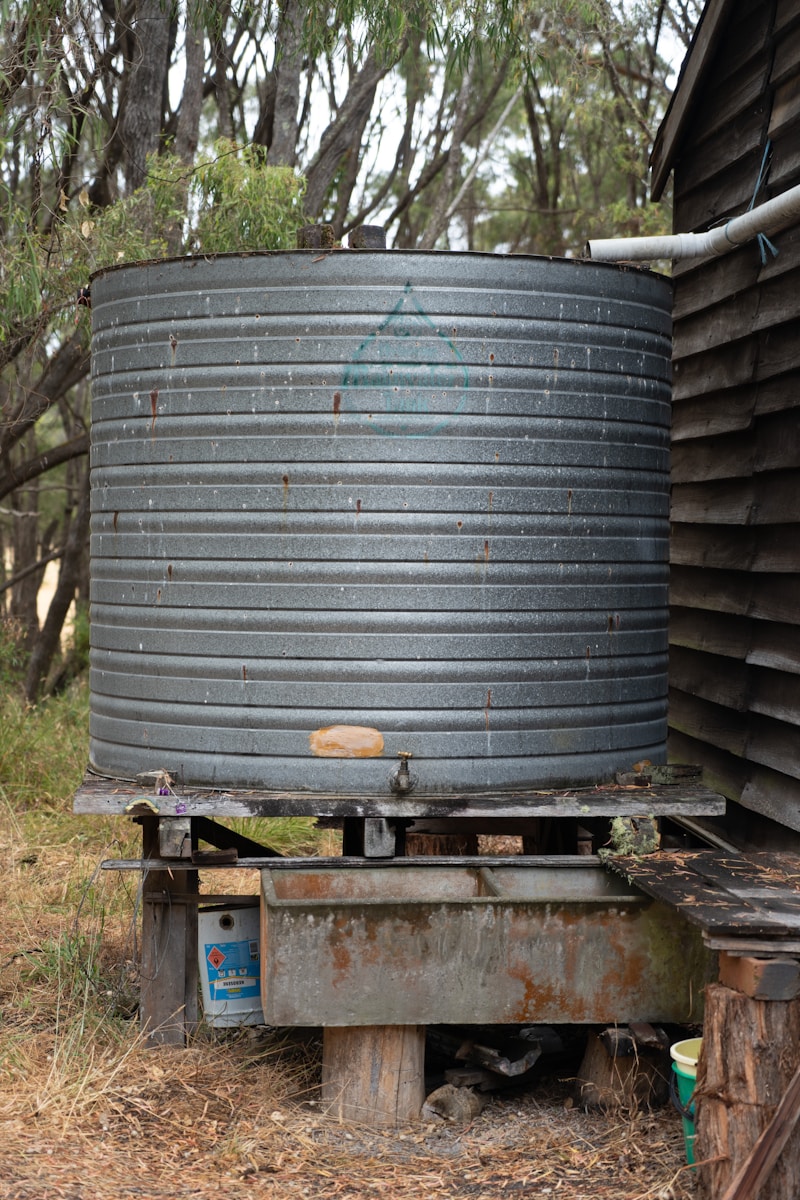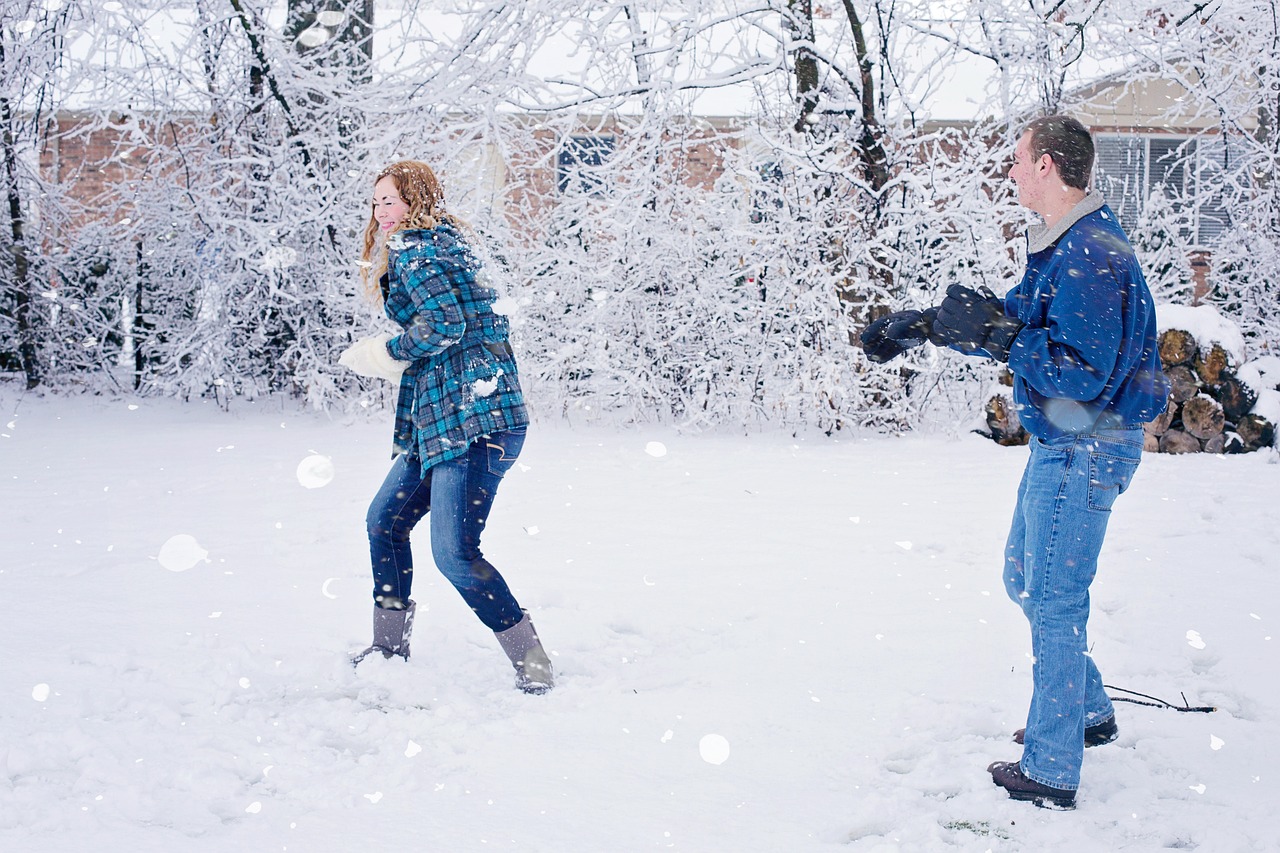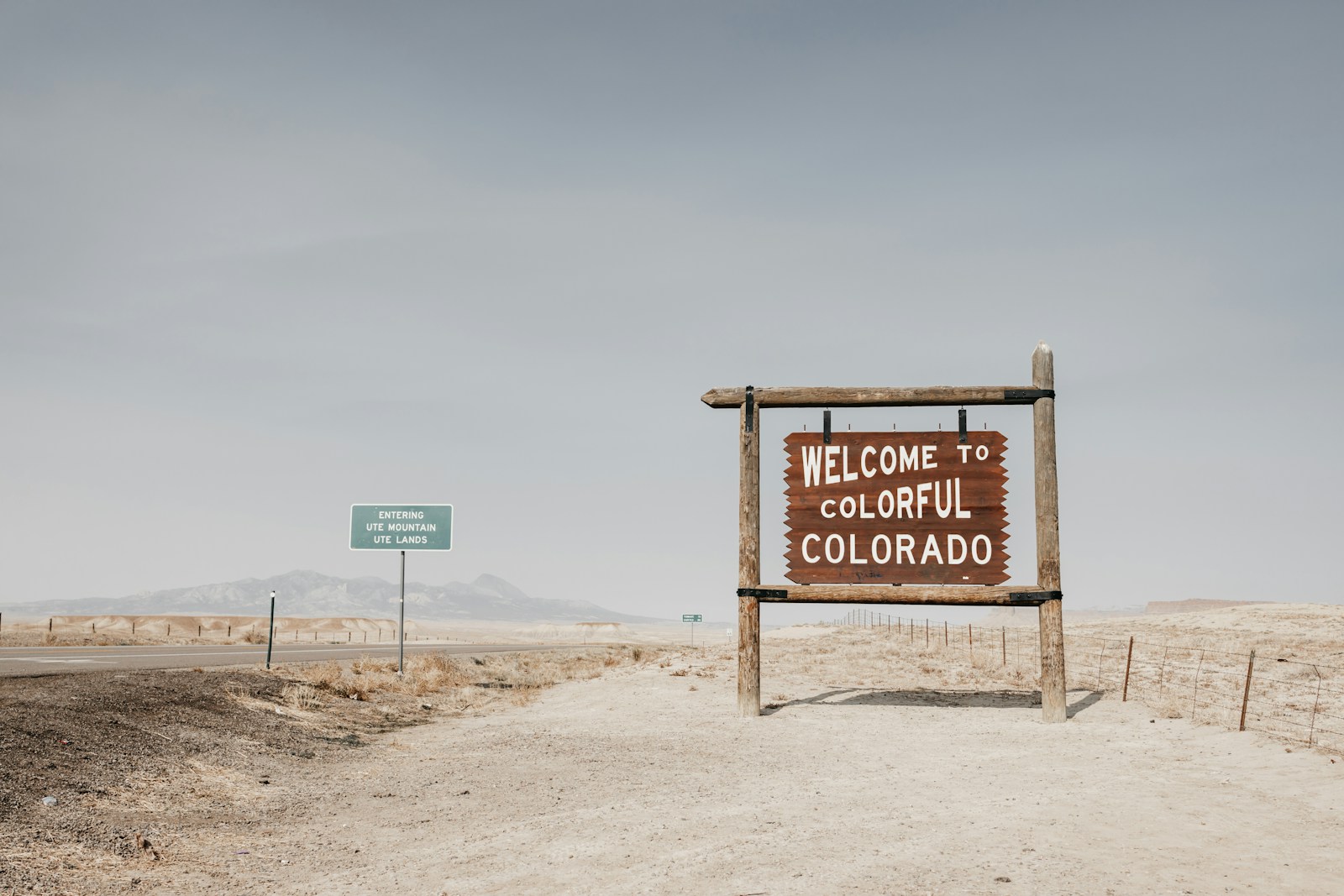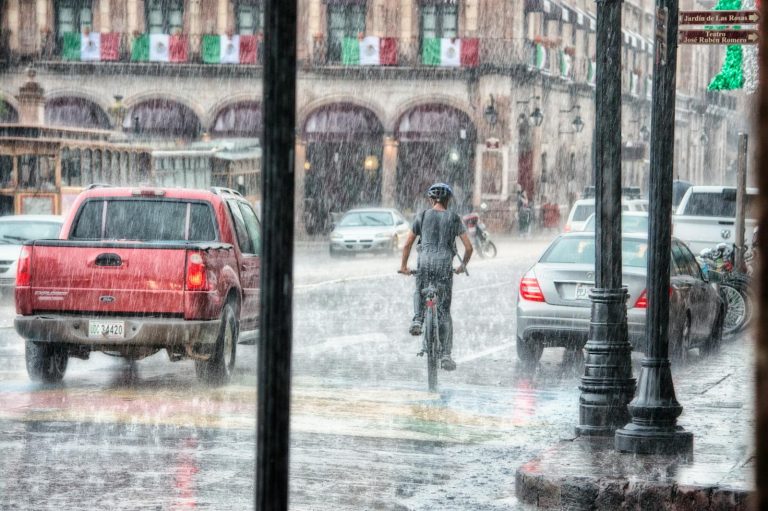13 Strange Laws in Colorado You Won’t Believe Exist (#7 Will Shock You!)
Ever wondered what bizarre rules govern the Centennial State? Colorado’s majestic mountains hide some truly head-scratching legislation!
Some laws make perfect sense. Others? They’ll leave you completely baffled.
I’ve investigated the weirdest Colorado laws so you don’t accidentally break one during your next visit. The results? Absolutely shocking!
Keep reading to discover:
✅ 13 mind-boggling laws still enforced today
✅ Why collecting RAINWATER could land you in hot water
✅ The surprising reason horseback riding might earn you a DUI
✅ And much more that will make your jaw DROP…
Contents
- 1 1: No Couches on Porches in Boulder!
- 2 2: Riding Horses Drunk = DUI
- 3 3: The Great Rainwater Collection Controversy
- 4 4: Aspen’s Snowball Fight Ban: The Kids Who Fought Back
- 5 5: The Black Car Sunday Mystery
- 6 6: The Vacuum Cleaner Lending Lie
- 7 7: Rock Mutilation: A SERIOUS Crime!
- 8 8: No Rolling Boulders in Boulder!
- 9 9: Your Dog Hanging Out the Window? ILLEGAL!
- 10 10: The Sleeping Kiss Myth
- 11 11: The Missile-Throwing Prohibition Makes Perfect Sense
- 12 12: Junk Cars: Your Eyesore Could Cost You!
- 13 13: Windshield Wipers on Cars Without Windshields?!
- 14 Conclusion: Colorado’s Legal Landscape Is As Wild As Its Natural One!
1: No Couches on Porches in Boulder!

Want that perfect outdoor lounging spot? Think again if you live in Boulder!
The city’s “Upholstered Furniture Ban” (passed in 2002) makes it completely illegal to keep couches on porches, patios, or yards visible from the street.
Why such a bizarre rule?
Rowdy college students kept setting couches on fire during celebrations! These impromptu “couch bonfires” created serious safety hazards after sporting events.
Break this law? Expect fines starting at $100 – and they climb higher for repeat offenders!
Boulder’s code enforcement officers regularly patrol university neighborhoods looking for violations. Your comfy outdoor seating arrangement could cost you hundreds!
2: Riding Horses Drunk = DUI

Think you can avoid a DUI by traveling on horseback? Think again!
Colorado law treats horses as vehicles. This means you can genuinely get charged with driving under the influence while riding horseback intoxicated!
It’s not just theoretical. Real cases in Colorado have ended with drunk riders facing actual DUI charges.
According to Colorado Revised Statutes §42-4-1301, operating ANY vehicle (including horses) while intoxicated is strictly prohibited.
The consequences? Identical to regular DUIs:
- Heavy fines
- License suspension
- Possible jail time
Why so strict? A drunk person controlling a 1,000-pound animal creates serious danger to themselves, the public, and the horse.
Planning a bar crawl through Colorado’s mountain towns? Leave your horse at home and call an Uber instead!
3: The Great Rainwater Collection Controversy

Trying to be eco-friendly by collecting rainwater? Until recently, you’d be breaking the law!
For over 100 years, Colorado effectively banned rainwater harvesting under its “prior appropriation” water rights system. The reasoning will blow your mind:
According to Colorado’s water doctrine, that rain was already promised to someone else!
Water law experts explain that Colorado’s system prioritizes “first in time, first in right” – meaning earlier water claims take precedence over newer ones.
The good news? Colorado relaxed these restrictions in 2016.
House Bill 16-1005 now allows:
- Up to 110 gallons in rain barrels
- Residential property owners only
- Outdoor use exclusively
But beware! Colorado’s water collection laws remain among America’s strictest. The western states’ ongoing water crisis means these rules are seriously enforced.
According to water conservation specialist Dr. Jennifer Miller: “Colorado’s complex relationship with water reflects the reality of living in an arid region where every drop counts.”
Further reading: Wait, I Can’t Collect Rain?! The Bizarre Law That Had Colorado Buzzing
4: Aspen’s Snowball Fight Ban: The Kids Who Fought Back

Imagine being fined for throwing a snowball in a ski town!
In snow-covered Aspen, throwing snowballs was once completely illegal. The prohibition fell under a broader ordinance against throwing “missiles” at people or property.
But here’s where it gets interesting…
In 1979, a group of determined local children decided to fight back! These snow-loving rebels attended a city council meeting with a plan.
Their strategy? They demonstrated that snowballs could be thrown safely and responsibly.
The result? Victory for snowball enthusiasts everywhere! The council modified the ordinance, legalizing friendly snowball fights throughout Aspen.
Local historian Patricia Wilson notes: “This charming episode demonstrates how even young citizens can effect change in local government.”
Just remember – throwing snowballs at moving vehicles is still illegal and dangerous!
5: The Black Car Sunday Mystery
Could driving a black car on Sunday really get you ticketed in Denver?
This widely-reported law turns out to be completely fictional!
Despite appearing on countless “weird laws” lists, extensive research through Denver’s municipal archives reveals zero evidence this restriction ever existed.
Transportation historian James Miller explains: “Many automotive urban legends spread across multiple states, often attributed to different cities. This appears to be one such myth.”
Similar false claims include laws requiring cars to be preceded by flag-bearers or to ring bells when approaching horses.
While Denver does have some unusual traffic regulations, the “black car Sunday ban” belongs firmly in the realm of fiction!
6: The Vacuum Cleaner Lending Lie
Could sharing your vacuum with neighbors really be illegal?
Another strange claim thoroughly debunked!
No Denver ordinance – past or present – prohibits lending household appliances to neighbors. This urban legend likely emerged from misunderstandings about public health recommendations during disease outbreaks.
The origin of this myth says a lot about how false information spreads.
Urban legend researcher Sarah Thompson points out: “Absurd law myths often start as jokes before being repeated as facts. The more specific and bizarre, the more believable they seem.”
So go ahead – be a good neighbor in Denver and share your cleaning supplies without fear!
7: Rock Mutilation: A SERIOUS Crime!

Planning to carve your initials in Colorado’s beautiful rocks? Stop immediately!
This law is 100% real and could land you in enormous trouble!
Under federal and state regulations, defacing natural features on public lands carries heavy penalties:
- Fines up to $5,000
- Potential imprisonment
- Permanent record of vandalism charges
The Archaeological Resources Protection Act, Antiquities Act, and various land management regulations strictly prohibit tampering with natural formations.
Even seemingly innocent acts can break this law. Park rangers report that rock-stacking (creating cairns) disrupts habitats and damages protected areas.
According to Colorado Parks & Wildlife Ranger Michael Jefferson: “What seems like harmless fun to visitors can cause lasting damage to delicate ecosystems.”
The next time you’re tempted to leave your mark on Colorado’s landscape – don’t! Take photos instead of souvenirs.
8: No Rolling Boulders in Boulder!
The irony is delicious – you can’t roll boulders in Boulder!
While no law specifically mentions “boulder rolling” by name, several city ordinances effectively prohibit it:
- Damaging public property laws
- Creating public hazards regulations
- Disturbing natural features in parks
Boulder takes its namesake geological features very seriously. The city’s extensive open space preservation codes protect rock formations from human interference.
Violating these ordinances can result in significant fines.
Environmental protection officer Lisa Martinez warns: “Moving large rocks might seem harmless, but it can destabilize hillsides, damage habitats, and create dangerous situations for other visitors.”
The coincidence of the city name matching the prohibited activity makes this particularly amusing – but the law itself is no joke!
9: Your Dog Hanging Out the Window? ILLEGAL!

That classic image of a happy dog with its head out the car window? Potentially illegal in Colorado!
State laws require pets to be reasonably restrained while in moving vehicles. Colorado Revised Statute §42-4-1409 gives officers the power to ticket drivers whose animals aren’t properly secured.
The dangers are real:
- 30,000 accidents annually are caused by unrestrained pets
- An 80-pound dog in a 30 mph crash exerts 2,400 pounds of force
- Unrestrained pets have only a 40% survival rate in moderate crashes
The law exists for good reason. Veterinary emergency physician Dr. Robert Garcia explains: “Flying pets become dangerous projectiles during accidents, endangering everyone in the vehicle.”
Different localities have varying specific requirements, but generally, pets should be:
- In carriers
- Behind barriers
- Secured with special pet restraint systems
Before hitting Colorado’s scenic drives with your furry friend, invest in proper safety equipment – or risk hefty fines and endanger your pet!
10: The Sleeping Kiss Myth
Could kissing a sleeping woman really be illegal in Colorado?
After thorough investigation of state statutes and municipal codes – this claim appears completely fabricated!
This “strange law” belongs to a category of fictional blue laws that circulate widely on the internet. There’s zero evidence such a regulation ever existed.
Legal historian Dr. Amanda Johnson explains: “These fictional laws often reflect social anxieties or humor from different eras, but they’re rarely based in legislative fact.”
Modern consent laws already address inappropriate contact with sleeping individuals without needing specific kissing prohibitions.
While Colorado does have genuine legal oddities, this particular claim should be dismissed as pure fiction!
11: The Missile-Throwing Prohibition Makes Perfect Sense
Throwing objects at moving vehicles is illegal in Colorado. Shocking, right?!
Under Colorado Revised Statutes §18-9-116, knowingly projecting any “missile” at vehicles is a class 2 misdemeanor. The legal term “missile” covers any thrown object – not just military weapons.
The penalties are serious:
- Fines up to $1,000
- Potential jail time up to 120 days
- Enhanced charges if injuries result
This law exists throughout Colorado, not just in Alamosa as sometimes reported.
Safety experts point to disturbing statistics: over 100 serious accidents annually result from objects thrown at vehicles in Colorado alone.
Highway Patrol Officer James Rodriguez warns: “What might seem like a harmless prank can easily become vehicular homicide if the driver loses control.”
This law might seem obvious, but its specific wording ensures clear penalties for extremely dangerous behavior!
12: Junk Cars: Your Eyesore Could Cost You!
That project car sitting in your yard? It might violate local laws!
Across Colorado municipalities, ordinances strictly regulate “junk vehicles” on private property. In Denver, Municipal Code §34-81 specifically prohibits storing inoperable vehicles unless they’re in enclosed buildings.
The definition typically includes vehicles that are:
- Inoperable for 30+ days
- Unregistered or expired
- Missing essential parts
- In significant disrepair
Enforcement follows a clear pattern:
- Warning notice
- Citations ($150-500)
- Forced removal at owner’s expense
Why so strict? Property value studies show a single visible junk car can decrease neighboring home values by up to 5%!
Environmental concerns also drive these regulations. According to environmental engineer Sarah Williams: “Abandoned vehicles leak fluids containing heavy metals and toxins that contaminate soil and groundwater.”
Better check your local codes before letting that restoration project sit too long!
13: Windshield Wipers on Cars Without Windshields?!
This law sounds completely absurd – but there’s a kernel of truth!
Colorado Revised Statutes §42-4-227 does require motor vehicles to be equipped with functional windshield wipers, but with an important caveat: only if originally manufactured with a windshield.
The strange legal quirk emerges when someone modifies a vehicle. If you remove a windshield from a car that came with one, you technically still need working wipers!
Automotive regulation expert Thomas Chen explains: “Vehicle equipment laws are written to ensure all factory safety features remain operational. They don’t anticipate every possible modification.”
While rarely enforced for this specific violation, during comprehensive vehicle inspections, this technicality could theoretically result in a citation.
The law isn’t quite as ridiculous as often presented – but it does create situations where common sense and legal requirements don’t perfectly align!
Conclusion: Colorado’s Legal Landscape Is As Wild As Its Natural One!
Colorado’s bizarre legal landscape reflects its unique history and challenges.
From Boulder’s anti-couch campaign to complex water rights, these regulations tell fascinating stories about the state’s development.
Some serve practical purposes despite their strange specificity. Others are simply urban legends that have been repeated until accepted as fact.
What’s most surprising? Several of these odd laws are actively enforced today!
Next time you visit Colorado, remember – beyond those magnificent mountains lies a legal system with peculiar character!
Which strange law shocked you the most? Was it the horse DUI possibility? The rainwater collection restrictions? Or perhaps the Boulder couch ban?
One thing’s certain – understanding these laws might save you from an unexpected encounter with law enforcement during your Colorado adventures!
Have you encountered any strange laws in your travels? Share your stories below!







